Deck & Commander Strategies
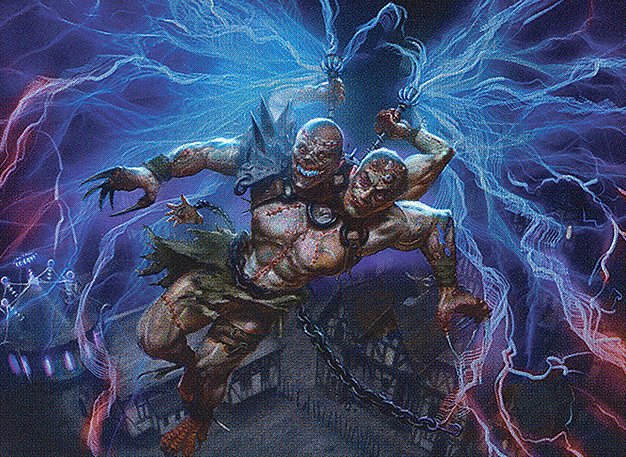

Jeska, Thrice Reborn & Kraum, Ludevic's Opus
Control-combo hybrid that uses counterspells, disruption, and card draw to maintain board control. The deck aims to generate infinite mana with Isochron Scepter and Dramatic Reversal to repeatedly cast Jeska, dealing lethal damage through her triggered ability.


Ikra Shidiqi, the Usurper & Dargo, the Shipwrecker
Aggressive combo deck that leverages mana acceleration and sacrifice outlets to generate value and combo off quickly. It aims to build board presence and combo pieces to close the game rapidly, often through looping sacrifice and card draw interactions.

Oskar, Rubbish Reclaimer
Graveyard recursion and combo deck focused on discarding cards to fuel powerful recursion effects and generate value. The deck uses Oskar’s ability to cast spells from the graveyard, seeking to assemble a combo involving Jace, Vryn's Prodigy and other graveyard synergies.
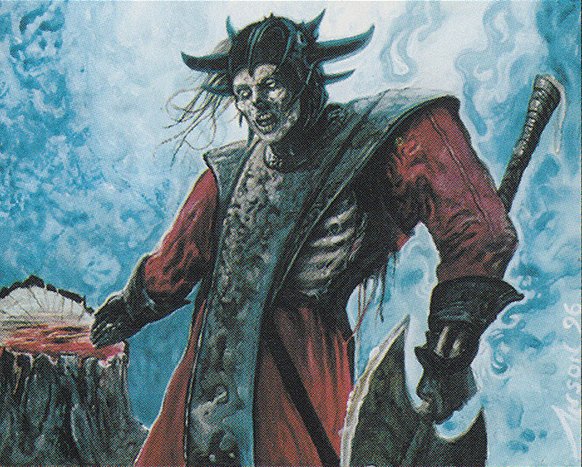
Lord of Tresserhorn
Infect and poison counters strategy that uses Bitterblossom and token generation to build a steady stream of creatures. The deck leverages infect damage and pump spells like Tainted Strike to quickly poison opponents while using disruption and life loss triggers to maintain pressure.
Gameplay Insights
- 1
Baal’s use of Rhystic Study repeatedly pressured opponents into either paying mana or losing tempo, enabling him to maintain card advantage and control.
- 2
Hélder’s Lord of Tresserhorn generated value through token creation and poison counters but was vulnerable to Baal’s targeted removal and disruption.
- 3
Diogo’s Ikra & Dargo deck was hindered by early disruption and discard effects, slowing down his combo execution significantly.
- 4
Rodrigo’s Oskar deck tried to build a graveyard combo engine but was repeatedly interrupted by Baal’s counterspells and discard effects.
- 5
The key turning point was Baal assembling infinite mana with Isochron Scepter and Dramatic Reversal, which allowed for repeated Jeska recasts to deal lethal damage and close the game decisively.
- 6
The interaction between Jeska’s damage trigger and infinite mana rocks demonstrated a classic cEDH winning combo that leveraged synergy between control and combo elements.
Notable Cards
-

Jeska, Thrice Reborn
-

Kraum, Ludevic's Opus
-
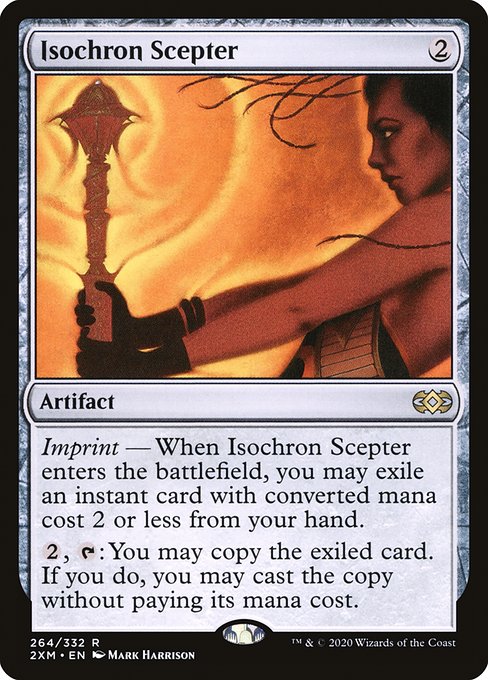
Isochron Scepter
-
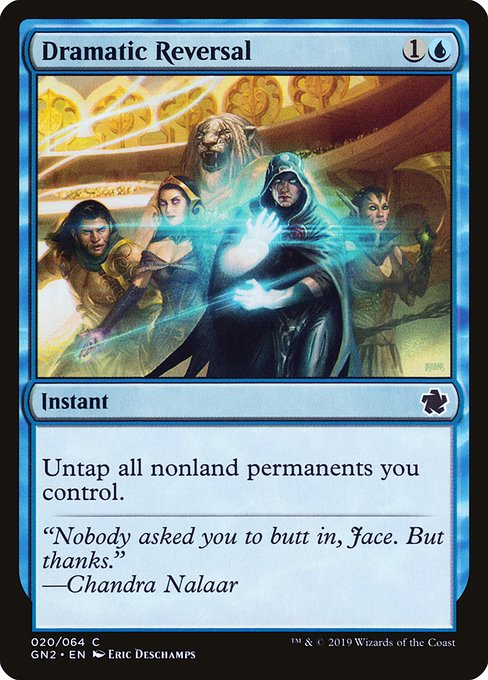
Dramatic Reversal
-
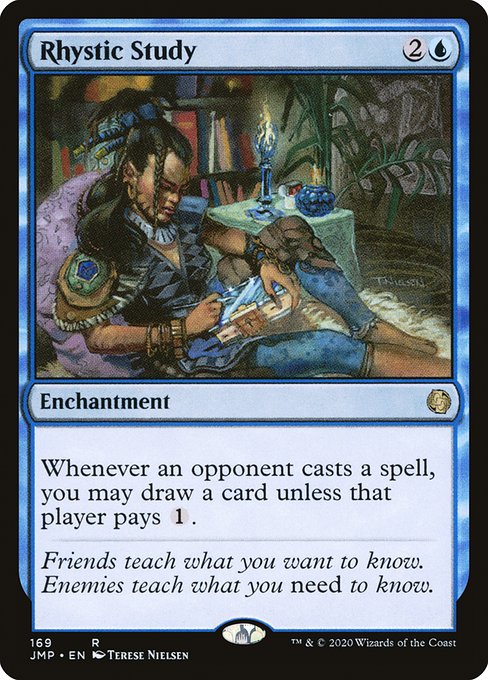
Rhystic Study
-
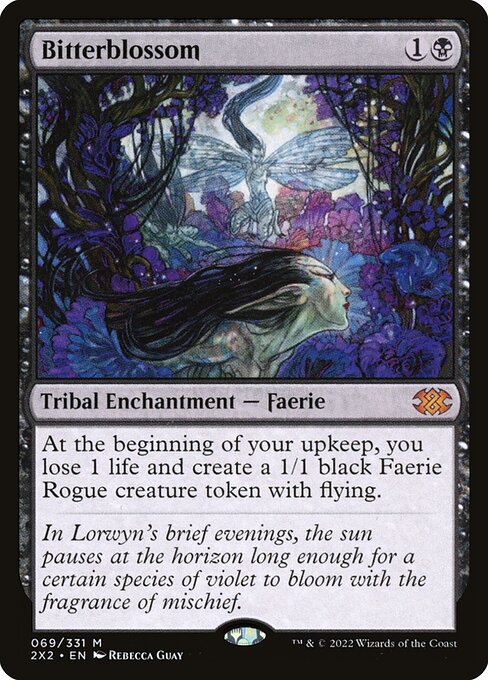
Bitterblossom
-
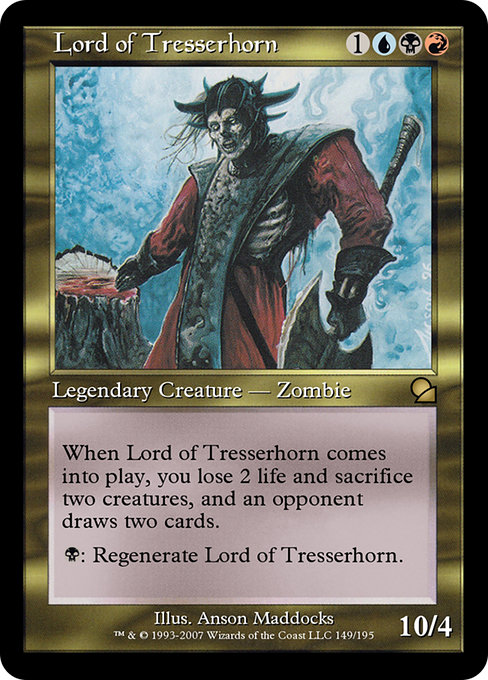
Lord of Tresserhorn
-
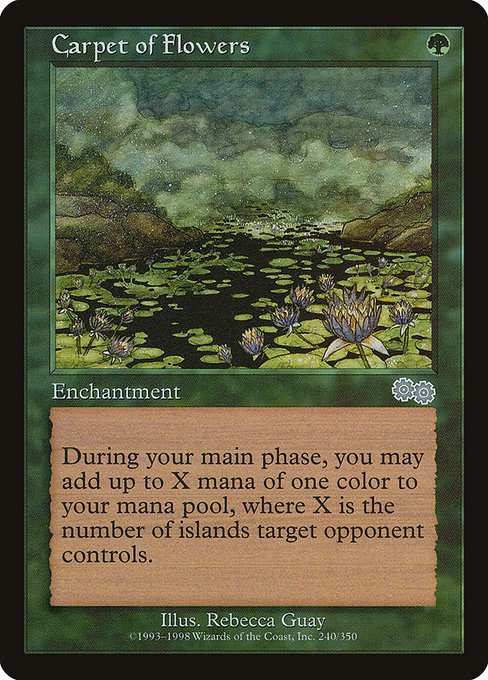
Carpet of Flowers
-

Dockside Extortionist
-
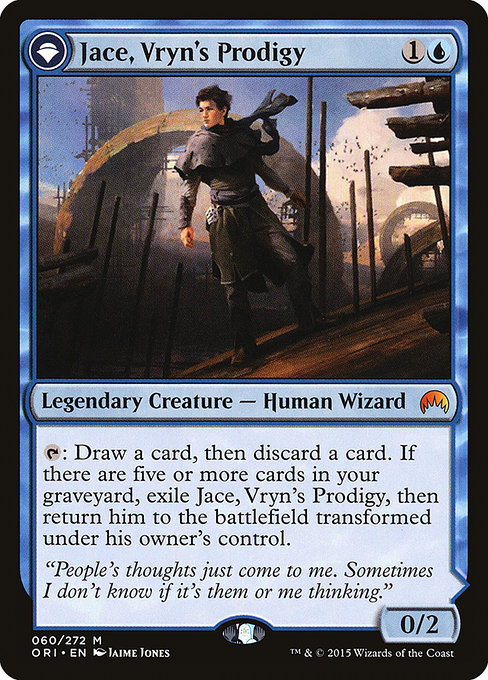
Jace, Vryn's Prodigy // Jace, Telepath Unbound
-
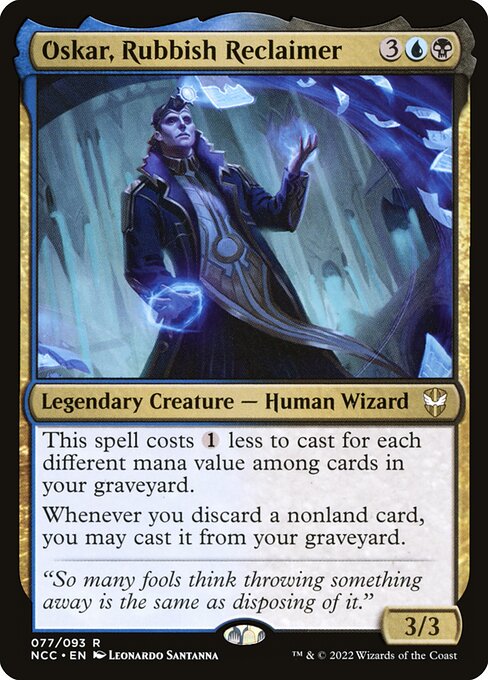
Oskar, Rubbish Reclaimer
-
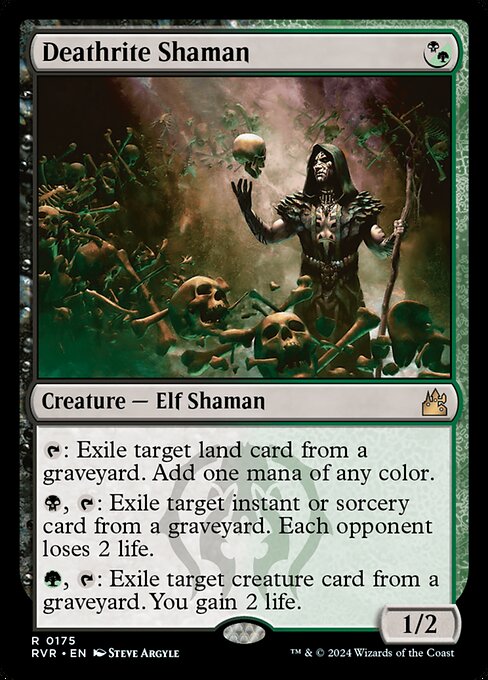
Deathrite Shaman
-
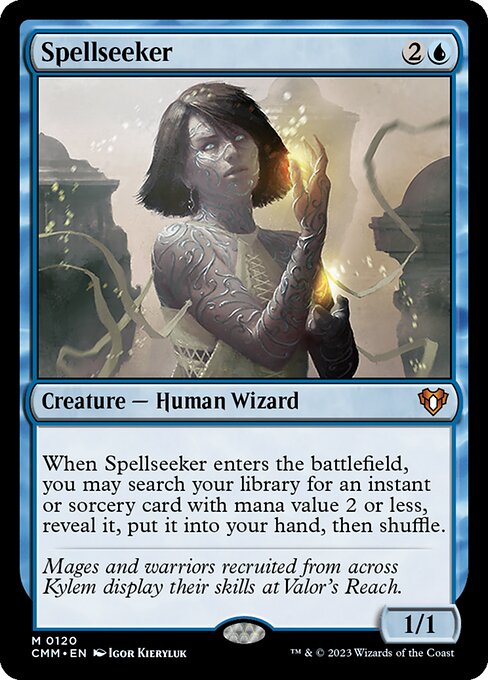
Spellseeker
-
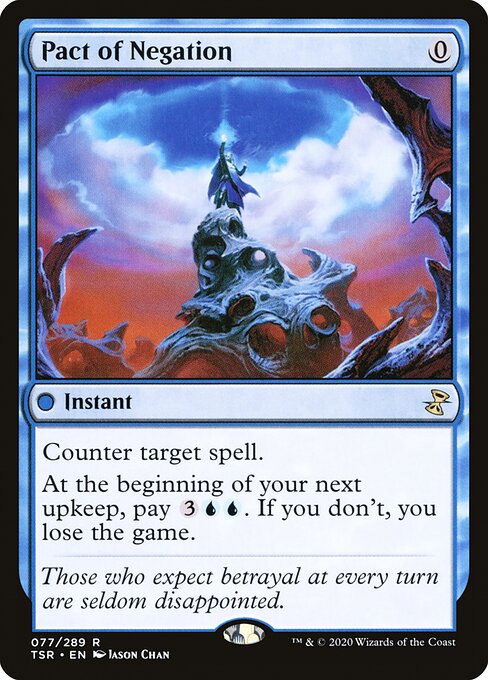
Pact of Negation
-
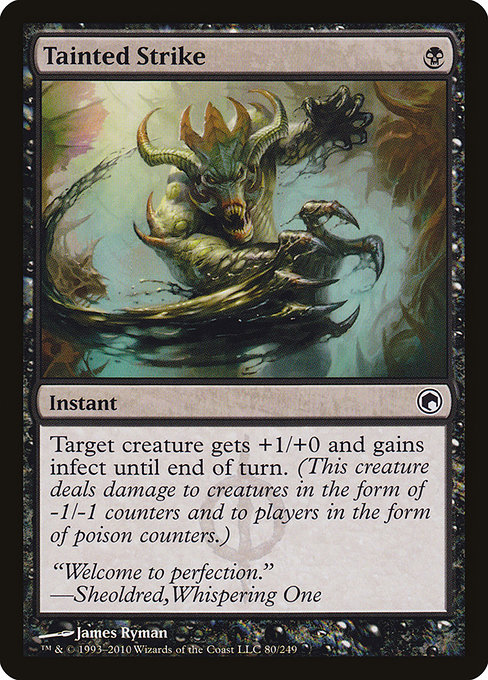
Tainted Strike
Gameplay Summary
The game began with each player setting up their respective strategies, with Baal on Jeska & Kraum focusing on control and card advantage, Diogo on Ikra & Dargo aiming for a fast combo, Rodrigo using Oskar, Rubbish Reclaimer for graveyard recursion and combo potential, and Hélder piloting a Lord of Tresserhorn infect deck.
Early interaction was heavy, with Baal leveraging Rhystic Study and counterspells to control the board, while Hélder developed a Bitterblossom token engine and set up his infect threats.
Diogo attempted to ramp quickly with Carpet of Flowers and mana dorks but was stifled by disruption and targeted discard from Hélder and Baal.
Rodrigo aimed to assemble his graveyard combo with his commander but faced pressure from Baal's reactive plays.
The pivotal moment came when Baal assembled an Isochron Scepter with Dramatic Reversal, generating infinite mana through artifact mana rocks.
Using this infinite mana, Baal recast Jeska repeatedly, utilizing Jeska’s damage triggers to systematically eliminate opponents.
This combo execution effectively ended the game with Baal claiming victory.
The match showcased the power of Jeska & Kraum’s control/combo hybrid, leveraging interaction to survive and then capitalizing on infinite mana to close out the game decisively.

























![Commander VS S15E2: Queen Marchesa VS Lord Tresserhorn VS Gwafa Hazid & Edric VS Saskia [EDH] thumbnail](https://i.ytimg.com/vi/cYXuLovNOrc/sddefault.jpg)




![Herumkommandiert #05 | Halloween Commander EDH Gameplay [Deutsch] thumbnail](https://i.ytimg.com/vi/TYi-yLuHxeU/sddefault.jpg)










